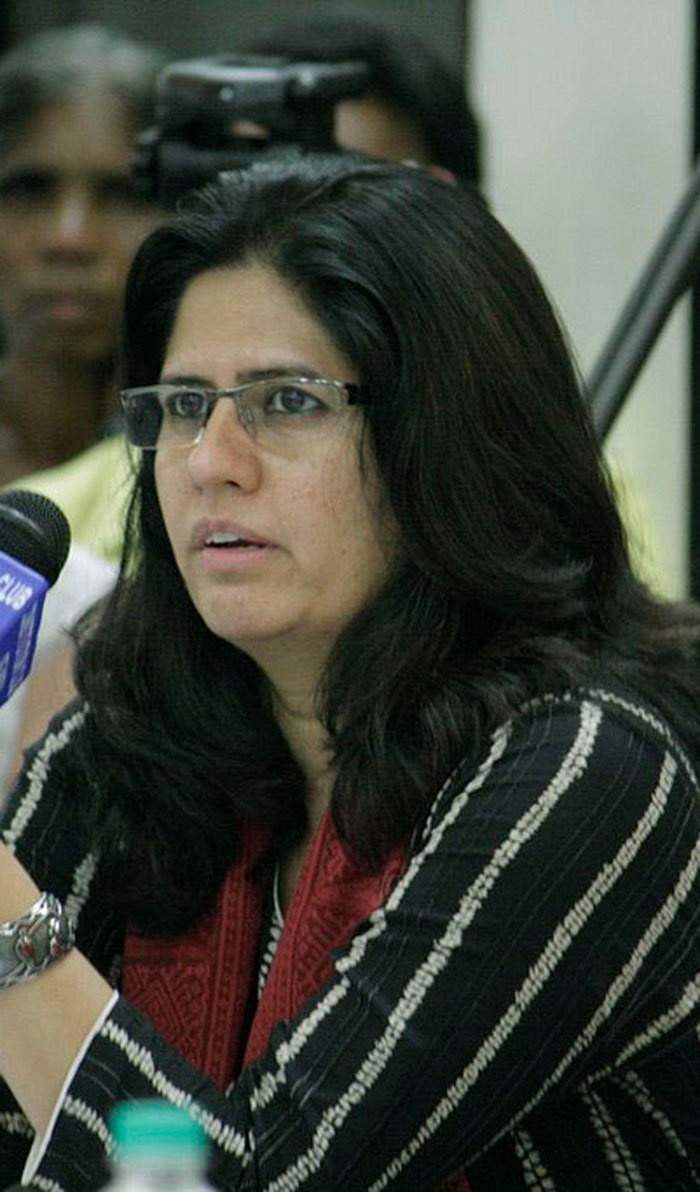Hailing the Delhi high court’s verdict on offloading of Greenpeace activist, Supreme Court lawyer Vrinda Grover today said that the judgement should serve as an “eye opener” to those who seek to misuse state machinery in the name of security.
Priya Pillai’s case had revived memories of the Emergency when similar attempts were made to muzzle the freedom of expression in the country by those in power, she said, while delivering the 10th I G Khan Memorial Lecture here.
The Delhi High Court had on Thursday set aside Government’s decision to offload Greenpeace activist Priya Pillai from an aircraft to London two months back, saying it was “illegal” and that the right to criticise cannot be “muzzled” by the state.
The targeted killings and sexual crimes against women, especially those living in militaristic areas of the country like the North-East, and those who find themselves in spaces of communal conflict, were a blot on Indian democracy, Grover said.
Grover, also a human rights crusader, stated that it was a shame that the state frequently seeks to justify crime against women committed by sections of the apparatus in the name of security of the state.
She recounted that the state machinery in the North-East and Gujarat in 2004 had used similar arguments for justifying crimes against two women in the name of the security.
The Manorama rape case in Manipur and the Ishrat Jahan encounter in Gujarat are two glaring examples of such gross misuse of the security bogey by the state machinery for justifying crimes against women, she said.
The advocate pointed out that the future outcome of Ishrat Jahan encounter case now becomes a moot point since it appears unlikely that police officials, who had earlier given evidence against Gujarat government, would continue to do so in the changed circumstances of the country.
She said that women who are victims of crimes like mass rape find it very difficult to give evidence especially if it pertains to acts committed by state machinery including security agencies.
In such a scenario, it was gratifying that more than half a dozen-odd mass rape victims during the 2013 communal violence in Muzaffarnagar had been able to register cases against the perpetrators of such heinous crimes, Grover said.
The lawyer said that it was only possible because of the courage of human rights organisations and intervention of the Supreme Court.








